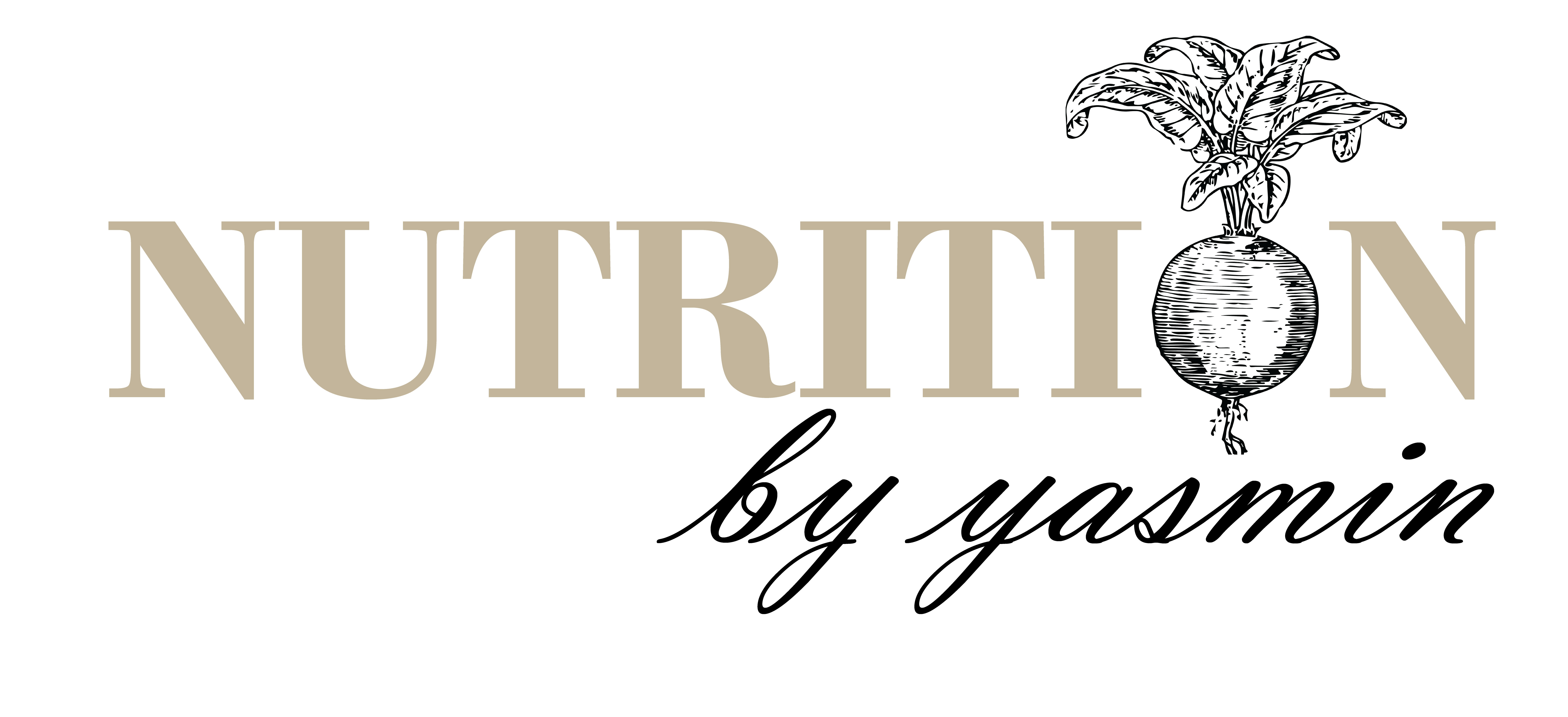Caffeine during pregnancy – what are the risks?
Many people can’t get through the day without their coffee fix, however for pregnant women a high caffeine intake may have negative health effects on both mum and baby.
What is caffeine?
Caffeine is a compound that is found within foods, drinks and substances such as coffee, tea, coco-cola, energy drinks, chocolate and some cold and flu medications. It is a stimulant and effects the nervous system, by increasing heart rate and increasing alertness, however effects vary from person to person.
Caffeine is quickly absorbed into the blood stream after ingestion and crosses the placenta freely. Studies have shown that after 200mg of caffeine, blood flow in the placenta was reduced by 25%. Therefore, very high amounts of caffeine can be dangerous during pregnancy. But it is a very dose dependent relationship.
It is important to note that all individuals metabolise and break down caffeine at a different rate, so the risks outlined here will vary between individuals.
What are the risks?
Reduced foetal growth- Observational research, following over 2000 women across a 3 year period, from pre-conception to after birth, showed that there was a significant trend between caffeine intake and reduced foetal growth. The risks increase as caffeine intakes increase, and a daily caffeine consumption of more than 200mg was associated with 60-70g reduction in birth weight.
Miscarriage – studies have found that caffeine intakes of more than 200mg daily could increase the risk of miscarriage, this association was stronger among women without history of miscarriage.
Decreasing iron absorption – Absorbing iron from food is vital for all of us, however as a pregnant women’s iron intakes are increased to 16mg a day, this is even more important. Iron is required for baby’s brain development, lean tissue development and building a healthy blood supply. Consumption of caffeinated drinks (tea, coffee) with food sources of iron can significantly decrease the absorption of iron, therefore caffeine should be consumed away from any iron rich foods by having tea or coffee between meals as opposed to with a meal.
Narrowing of blood vessels – Caffeine increases the release of substances that cause the blood vessels to narrow (vasoconstriction), narrowing the blood flow to the placenta and a reduced amount of oxygen reaching the foetus.
Systemic effects – Caffeine may accentuate common pregnancy symptoms such as nausea, heartburn and trouble sleeping.
*Caffeine does contain some antioxidants that destroy free radicals in the body, and contains several important nutrients including vitamins B2, B5, magnesium potassium and manganese. However, these nutrients can be obtained from other sources such as vegetables, fruits and whole grains for example.
How much is too much?
Recent research from 2020 has suggested no amount of caffeine during pregnancy is considered safe, however it is important to highlight that many of the studies used in the research were observational. This means that the effects cannot be solely linked to caffeine intake as other variables which are know to effect pregnancy such as smoking, stress and diet, were not controlled for.
Therefore, the below are the current UK guidelines when it comes to caffeine and pregnancy.
Due to variations in caffeine content found in different forms and brands of tea, coffee and chocolate, it is hard to come to a definitive answer to this question. Research suggests that more than 100-200mg daily significantly increases risks noted above, with risks increasing with higher caffeine intakes of more than 300mg daily. Therefore, the health advise for pregnant women is to limit total caffeine consumption to under 200mg per day.
On average, a 230ml brewed cup of coffee contains about 95mg caffeine, however depending on the quality and roasting method of the coffee beans, some may contain up to 170mg. A typical 230ml cup of tea (including green) can contain between 25-50mg of caffeine.
My advice:
- If you’re not a habitual tea/coffee consumer, pregnancy is not an advisable time to start consuming these caffeinated drinks.
- De-caffeinated teas and coffees still contain 15-30% of the caffeine than their caffeinated counter parts. Go for herbal teas instead or try chicory as a caffeine free coffee alternative.
- Generally, cutting down your caffeine intake is advisable, aiming for no more than 1 small cup of coffee or 2 cups of tea per day.
- Remember that soft drinks such as coca-cola and chocolate contain caffeine, so be mindful and factor this into your daily caffeine intakes.
- If you are concerned about your caffeine intakes, consult your GP or registered nutritional practitioner.
References
Goldstein A, Warren R. Passage of caffeine into human gonadal and fetal tissue. Biochem Pharmacol1962;11:166-8.
CARE Study Group, 2008. Maternal caffeine intake during pregnancy and risk of fetal growth restriction: a large prospective observational study. The BMJ, 337.
Jahanfar, S. and Jaafar, S.H., 2009. Effects of restricted caffeine intake by mother on fetal, neonatal and pregnancy outcome. Cochrane database of systematic reviews, (2).
James, J.E., 2020. Maternal caffeine consumption and pregnancy outcomes: a narrative review with implications for advice to mothers and mothers-to-be. BMJ Evidence-Based Medicine.
Weng, X., Odouli, R. and Li, D.K., 2008. Maternal caffeine consumption during pregnancy and the risk of miscarriage: a prospective cohort study. American journal of obstetrics and gynecology, 198(3), pp.279-e1.
*** This blog post is not intended or implied to be a substitute for seeking professional medical advice, diagnosis, or treatment. Information provided here is general and is not intended to treat, diagnose, prevent, or cure any diseases or conditions. Please contact your GP or private health consultant if you have any personal health concerns or consult a registered nutritional therapist for personalised dietary and lifestyle advice and guidance.

